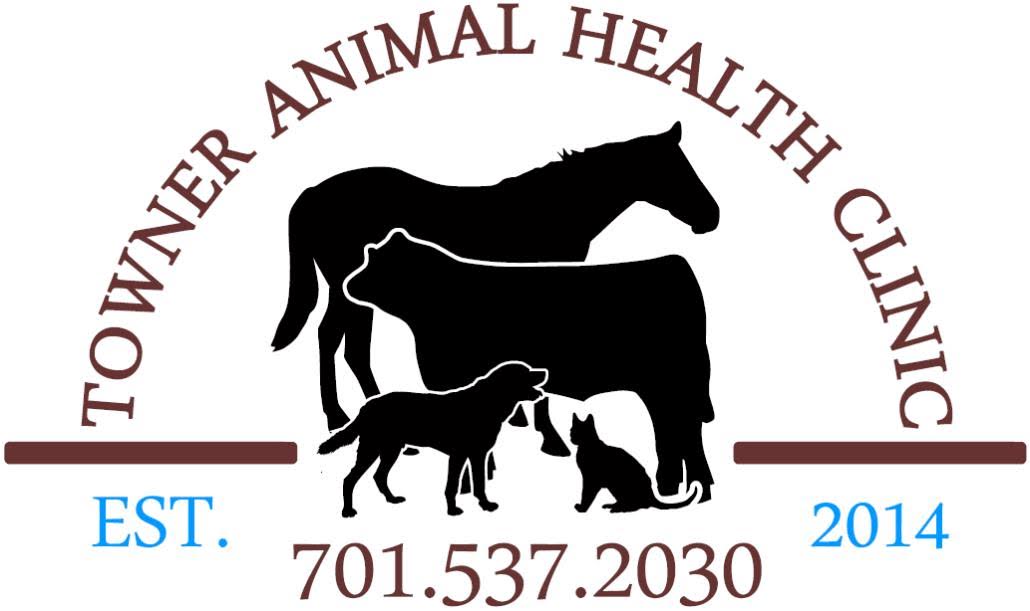Library
-
Teething in puppies lasts from about 3 to 6 weeks of age and again from 12 to 24 weeks of age. Safe chew toys are an important source of energy release, but if puppies are not stimulated sufficiently, or supervised carefully, they will chew elsewhere. Occasionally, retained baby teeth or other dental abnormalities can occur that need to be addressed by your veterinarian. It is important to get your puppy used to having their mouth manipulated for exams and teeth brushing.
-
Good hygiene takes practice, but starting early will make keeping your pup clean easier for his entire life. You can start some of these jobs shortly after your puppy arrives home. Be sure to keep a calm voice and use food rewards as positive conditioning to make it a positive experience.
-
The American Animal Hospital Association and American Veterinary Medical Association have established guidelines to standardize preventive health care for dogs, helping them to live longer, healthier lives. This handout provides an overview of the recommendations within these guidelines and why they are so important.
-
Dogs can be amazing family members and greatly enrich our lives! Adding a dog to the family is also a serious commitment, and research before choosing a dog will help set the family and the dog up for success. This handout goes over some factors to consider when selecting a dog.
-
Regular preventive health care for your dog can increase the length and quality of her life. Health care guidelines are established and kept up to date using the most recent evidence-based recommendations including the recommendation that all dogs receive a complete veterinary examination at least once a year or more frequently, depending on their individual needs and health concerns.

